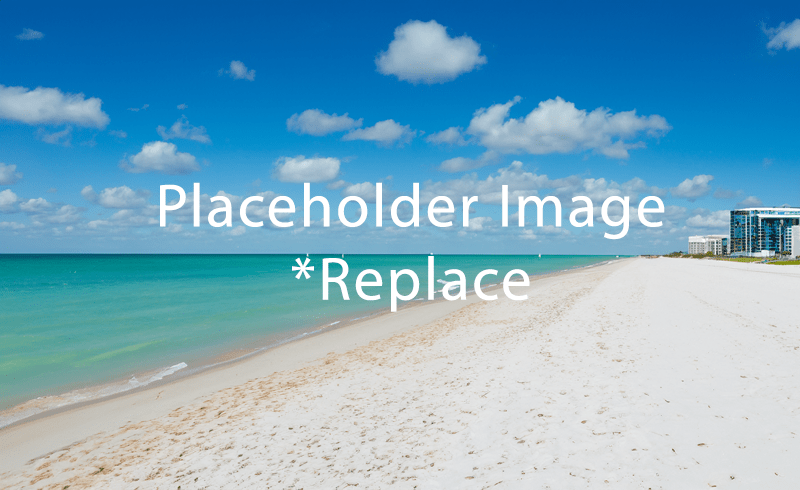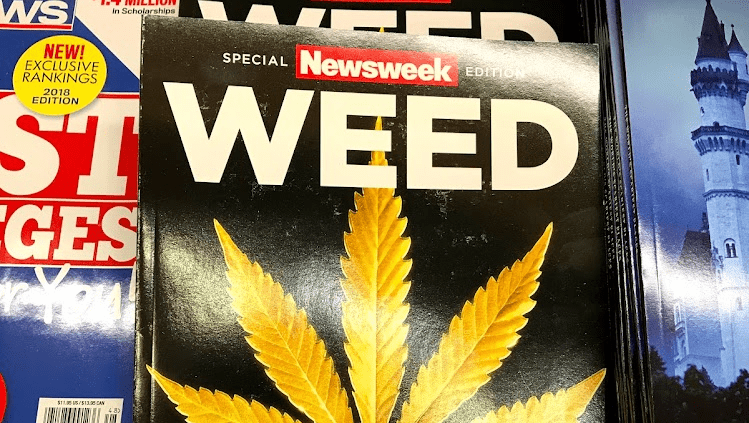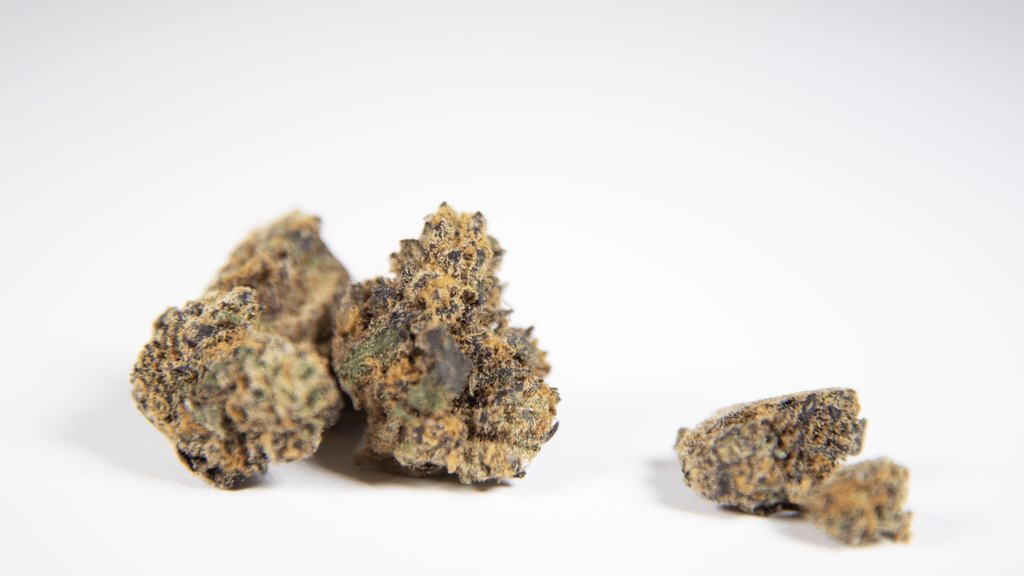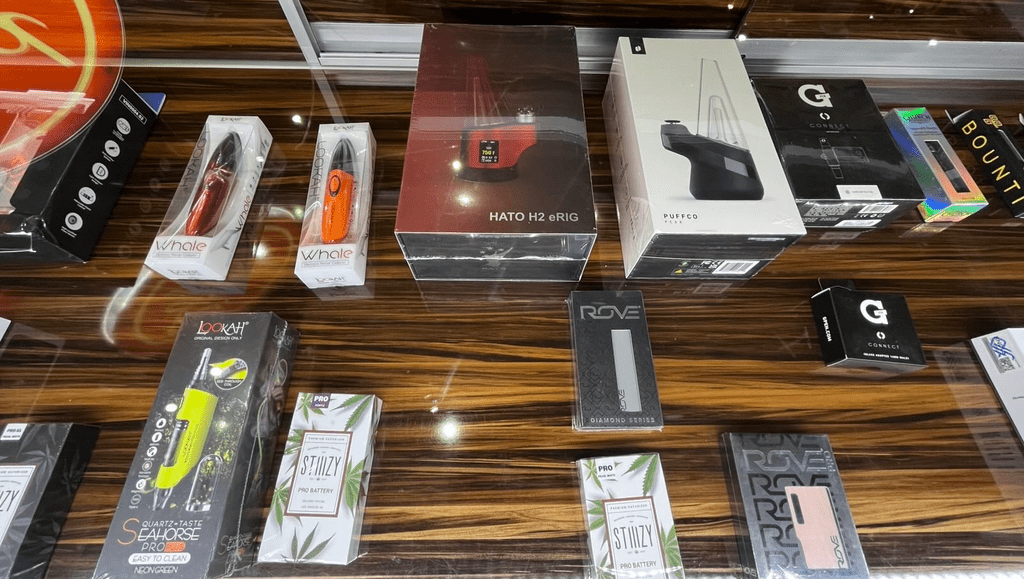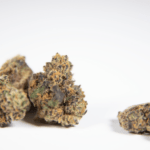The possibility of federal cannabis legalization has long been a “what if” scenario. But if it becomes reality, few areas of the industry stand to change as dramatically as private label vape oil. Retailers, multi-state operators, and even smaller shops rely heavily on these products to differentiate their shelves and capture consumer loyalty. With legalization, the landscape could be reshaped in surprising ways.
National Market Access
Currently, private label vape oils are largely restricted by state borders. A dispensary in California can’t sell its house-branded carts in Illinois without navigating an entirely new regulatory system. Federal legalization would lift those restrictions, opening a true national marketplace. Retailers could roll out house brands across multiple regions, scaling faster and establishing consistency with loyal customers no matter where they shop.
This expanded market reach could also encourage consolidation. Some private label producers may grow into national suppliers, while others might partner with major retailers for exclusive deals. The net result would be an industry that looks far less fragmented than it does today.
New Rules, New Standards
With legalization comes oversight. The FDA and other federal agencies would likely set strict testing, labeling, and production requirements. For private label producers, this raises the bar: no longer will states set different thresholds for heavy metals, pesticides, or potency tolerances. Instead, uniform national standards would apply.
While that means higher compliance costs, it also levels the playing field. Consumers would be reassured that a private label cartridge purchased in Nevada carries the same testing standards as one sold in New Jersey. This credibility could give private labels a long-term advantage, especially if they continue to position themselves as cost-effective alternatives to branded products.
The Entry of Corporate Heavyweights
A federally legal environment would invite deep-pocketed consumer goods companies into the vape category. Tobacco, alcohol, and wellness giants have the resources to develop polished, heavily marketed vape brands that could quickly dominate shelf space.
For private labels, the challenge will be to stay relevant. Many will double down on what national corporations can’t easily replicate—local identity, affordability, and exclusive strain offerings tied to specific dispensaries. Think of how grocery chains build loyalty through private label organics or specialty lines; cannabis retailers could use the same playbook with vape oils.
Innovation at the Core
Federal legalization would also accelerate innovation in vape formulations. Private label manufacturers could experiment with minor cannabinoids, functional blends, and new hardware formats without worrying about interstate restrictions. This opens the door for differentiation: house brands could launch a line of CBG-rich or terpene-heavy carts designed for specific effects, like relaxation, creativity, or energy.
In addition, partnerships between cultivators, extraction labs, and retailers could fuel exclusive, small-batch products that keep consumers curious and engaged. For many buyers, the appeal of a unique private label blend may outweigh the polish of a corporate brand.
A Market in Transition
If legalization happens, private label vape oil will shift from being a state-level strategy to a national growth engine. The transition won’t be without hurdles—compliance costs, fierce competition, and the arrival of corporate players will test the resilience of independent operators. But private labels are uniquely positioned to thrive, offering retailers a way to boost margins and connect with customers through products they can call their own.
In the end, federal legalization could transform private label vape oils from niche products into some of the most influential players in a new, nationwide cannabis marketplace.

